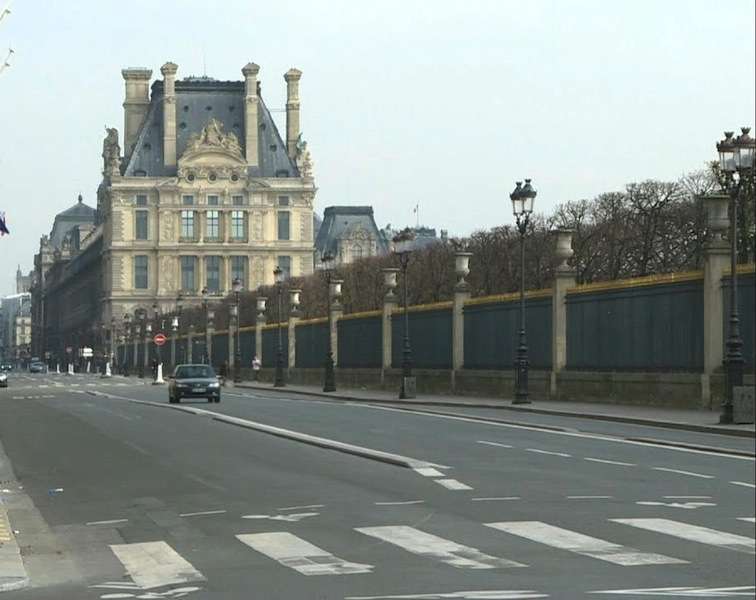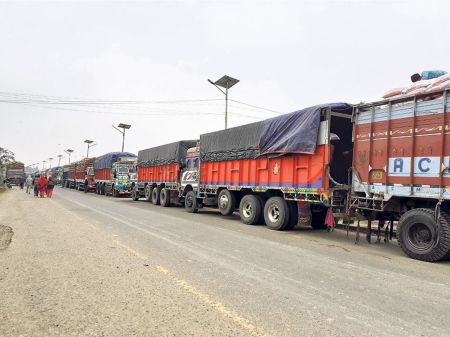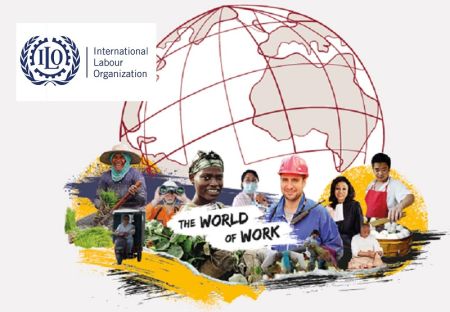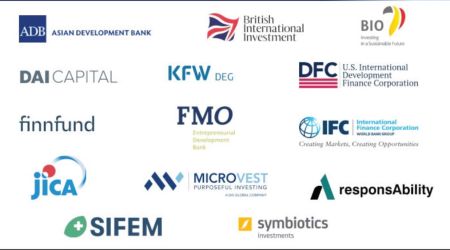April 19: Facing rising unemployment and with many of their citizens struggling to make ends meet, governments around the world are wrestling with when and how to ease the restrictions designed to control the coronavirus pandemic, the Associated Press (AP) reported.
According to the news agency, mandatory lockdowns to stop the spread of the new virus, which has so far infected more than 2.2 million people and for which there is no vaccine, have brought widespread hardship across the globe.
In a joint statement Saturday, a group of 13 countries including Canada, Brazil, Italy and Germany called for global cooperation to lessen the economic impact of the pandemic, the news report published by AP further says.
“It is vital that we work together to save lives and livelihoods,” AP quoted the leaders as saying in the statement.
The group, which also includes Britain, France Indonesia, Mexico, Morocco, Peru, South Korea, Singapore and Turkey, said it was committed to “work with all countries to coordinate on public health, travel, trade, economic and financial measures in order to minimize disruptions and recover stronger.”
This includes maintaining “air, land and marine transportation links” to ensure the continued flow of goods including medical equipment and aid, and the return home of travelers.
In the United States, the debate has taken on partisan tones ahead of this fall's presidential elections. Republican President Donald Trump urged supporters to “liberate” three states led by Democratic governors, tweeting the kind of rhetoric some have used to demand an end to stay-at-home orders that have thrown millions out of work, AP further said.
There have been tentative signs that measures to curb the outbreak are working, with the rate of new infections slowing across Europe in response to the lockdowns there.
In France and Spain, some field hospitals were starting to be dismantled, while Germany said the number of people infected by each person with COVID-19 fell below one for the first time this week.
Still, most governments and public health officials remain cautious about relaxing the shutdowns, despite the mounting economic toll.
According to the news report, health experts have advised that any easing must be gradual in the country affected by the pandemic.
Meanwhile, some Asian nations that until recently appeared to have the outbreak under control, including Singapore and Japan, reported a fresh surge in cases Saturday.
Iran, hard hit by the virus and international sanctions, allowed some businesses in the capital and nearby towns to re-open Saturday after weeks of lockdown. Gyms, restaurants, shopping malls and Tehran’s grand bazaar will remain closed.
Top leaders of China’s ruling Communist Party called for deficit spending and a more flexible monetary policy after the economy shrank 6.8% in the first three months of the year, AP reported.
South Korea's health minister, Kim Gang-lip, said Saturday that new guidelines could be issued soon that officials have said would allow people to engage in “certain levels of economic and social activity.”
While most of those sickened by the virus recover, the outbreak has killed at least 160,000 people worldwide, according to a Johns Hopkins University tally.
The official death toll in the US has topped 35,000, with more than 700,000 confirmed infections, which is the highest in the world. Globally, 2.3 million people have been infected with the deadly virus, that is believed to have originated in China’s Wuhan, the capital of its central province Hubei, in late December last year.






















